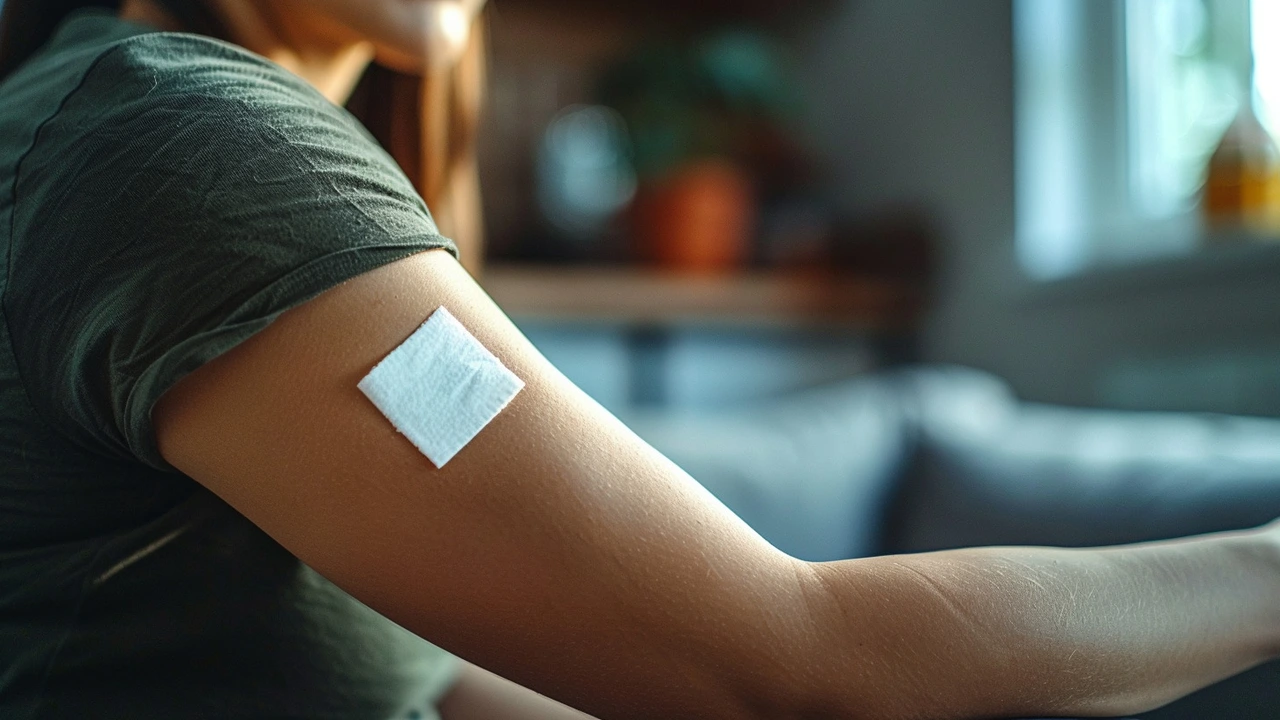Menopause Libido: Practical Ways to Restore Your Sex Drive
Notice your desire changed during menopause? That’s common — but normal doesn’t mean fixed. You can take practical steps today to feel better, enjoy sex, and reconnect with your partner. Below are clear, usable ideas that most women can try without drama.
Why libido drops during menopause
Hormones shift. Lower estrogen can make vaginal tissue thin, dry, and painful during sex. Testosterone often falls too, and that can blunt desire. Add sleep problems, hot flashes, fatigue, stress, antidepressants, or relationship tension and desire can fall even more. A sudden drop in libido, new pain with sex, or signs of depression deserve a doctor visit — don’t ignore them.
Practical steps you can try right now
Start with simple, low-risk moves: use a water-based lubricant during sex and a daily vaginal moisturizer to reduce pain and improve comfort. These make sex easier and less stressful so desire can return naturally.
Mind and body both matter. Improve sleep by keeping a cool bedroom, cut late caffeine, and wind down with a short routine. Try pelvic floor exercises or see a pelvic floor physical therapist — stronger, relaxed pelvic muscles can improve sensation and reduce pain.
Talk openly with your partner. Try non-sexual touch, slow foreplay, and short sensate-focus exercises where you both explore touch without pressure to perform. Counseling or sex therapy can help when anxiety or past experiences block desire.
Watch medicines. Many antidepressants and blood pressure drugs lower libido. If you suspect a pill is part of the problem, talk to your prescriber — sometimes a dose change or a switch to bupropion can help.
Medical options worth discussing
If lifestyle changes don’t help, a visit to your clinician can open more doors. Low-dose local estrogen (creams, ring, or tablet) heals vaginal tissue and usually relieves pain and dryness quickly. Systemic hormone therapy can help hot flashes and may lift libido for some women, but it’s not right for everyone — risks and timing matter.
Ospemifene treats painful sex from vaginal atrophy. Testosterone therapy is sometimes used off-label for postmenopausal low desire; it can work but needs careful monitoring. Newer drugs and injections exist for specific diagnoses — only consider these after a full medical review.
Final tip: buy medications and hormone treatments only from licensed providers and verified pharmacies. If you’re unsure where to start, ask your primary care doctor or a women’s health specialist. Small steps—lubricants, sleep, honest talk—often bring the biggest gains in desire.

Revolutionizing Menopause Treatment: Medherant's New Testosterone Patch Aimed at Enhancing Libido
Mar 22 2024 / Health and ScienceMedherant is set to commence clinical trials for a pioneering testosterone patch to boost libido in menopausal women. This comes after the previous market withdrawal of Intrinsa. The patch aims at precise dosage delivery, filling the gap in current HRT options.
VIEW MORE